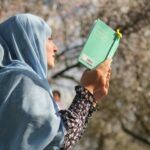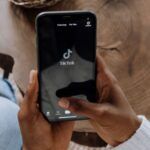
Books to Read for #ScienceSeptember
It’s September, and who doesn’t love a themed bookstack? If you agree, why not try #ScienceSeptember? The read-along was started in 2018 by Lauren Weinhold (Instagram user @end.notes), focusing on scientific nonfiction — science, tech, nature, etc. She writes, “I started this back in 2018 to meet and discuss science books on #bookstagram and also to grow a community of readers who enjoy reading nonfiction books in these areas of research.” For me, I think the read-along has done just that — perusing the hashtag has allowed me to find an array of books that I never even would have considered before, or books that I’d never heard of. Whether you’re reading books on a science topic about which you’re passionate, or reading books on new areas of science, it’s a great way to try a new subject area and learn something new.
Biology, nature, chemistry, physics, tech, computers, medicine — there’s a lot from which to choose, which makes this read-along especially fun.
If you have young children, they can get in on the fun, too — books like Over and Under the Waves by Kate Messner (the latest book in that series) and Stay Curious and Keep Exploring: 50 Amazing, Bubbly, and Colorful Science Experiments to do with the Whole Family by Emily Calandrelli (out 9/27) are perfect to read with them.
Below are some of the books I hope to read this month. If you’re planning on participating in #ScienceSeptember, hopefully there will be a few you can add to your list.
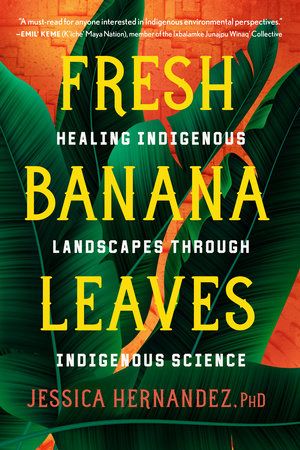
Fresh Banana Leaves: Healing Indigenous Landscapes Through Indigenous Science by Jessica Hernandez
Hernandez, an Indigenous environmental scientist, has written a book in which she explores why the western mode of conservationism isn’t working, and instead proposes Indigenous models, weaving in her family history, personal stories, and case studies. She puts forth Indigenous environmental knowledge and theories, centering their knowledge and explaining how things like colonialism, racism, and capitalism have all contributed not only to environmental crises, but also to the erasure of Indigenous voices in healing the earth.
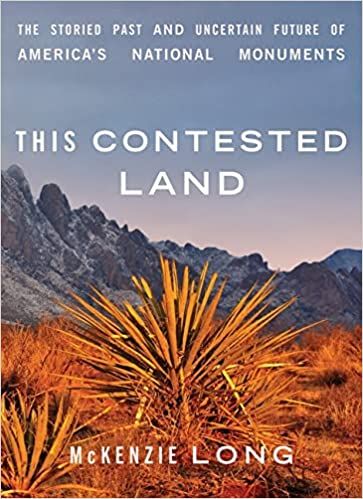
This Contested Land: The Storied Past and Uncertain Future of America’s National Monuments by McKenzie Long (September 16th)
In this book, Long visits 13 national monuments, weaving historical research, contemporary social issues, personal stories, and nature writing to make for a compelling read. She writes about the forced removal of Indigenous communities and how this issue remains today, along with tales of settler communities and examinations of political controversies. It’s a reckoning of the past with a look at what could be of the future, set against the backdrop of the natural world.
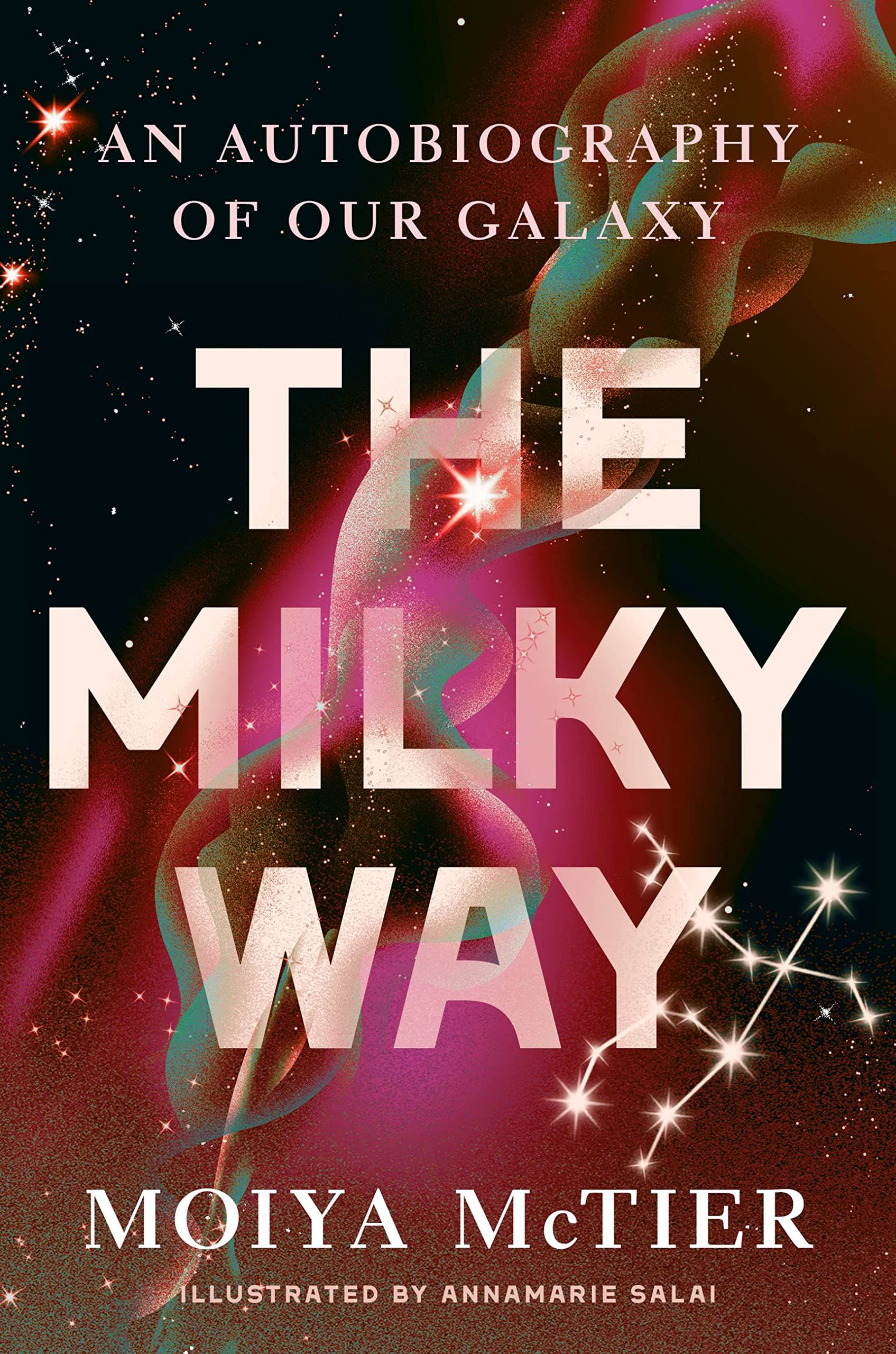
The Milky Way: An Autobiography of Our Galaxy by Moiya McTier
McTier, an astrophysicist and folklorist, has written a compelling and engaging book — an autobiography, if you will — of the galaxy. In this book, The Milky Way tells its own story of how it began, how humans have applied their own stories to it, and how it’s changed over time. McTier presents scientific history and research in a way that is entertaining and accessible, but also full of information.
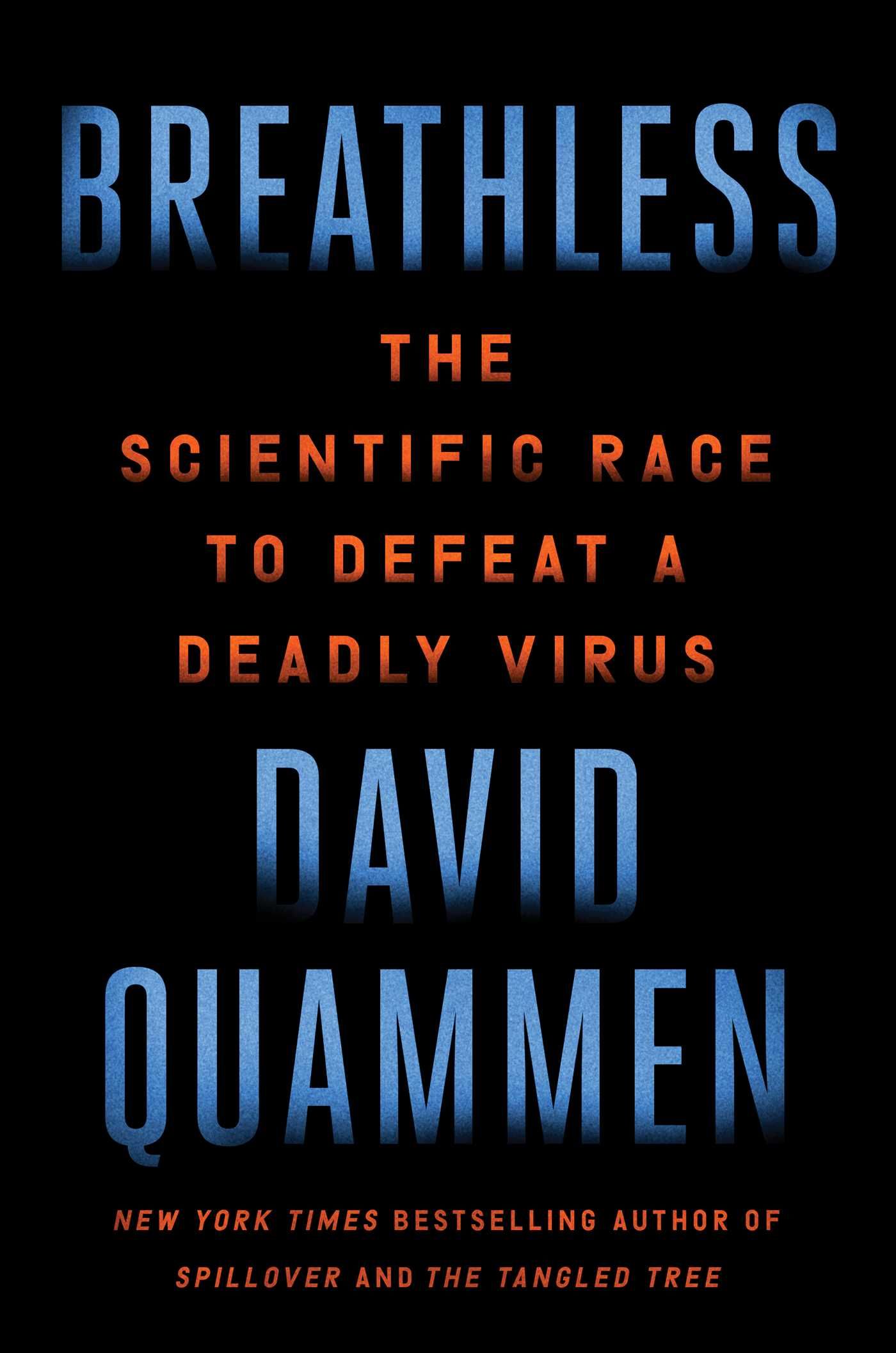
Breathless: The Scientific Race to Defeat a Deadly Virus by David Quammen (October 4th)
When the coronavirus pandemic hit, Quammen was talked about a lot, given his book Spillover, which discussed animal infections and how they become human pandemics. This book focuses on SARS-CoV-2 and how viruses like this emerge, how they spread, and the havoc they wreak. He writes about why this virus will likely be around forever, how we may be able to control it, and how scientists suspected a pandemic like this was on the horizon, but many of their warnings were ignored or outright dismissed. It’s a fascinating book as only Quammen can tell, a mix between storytelling and scientific reporting.
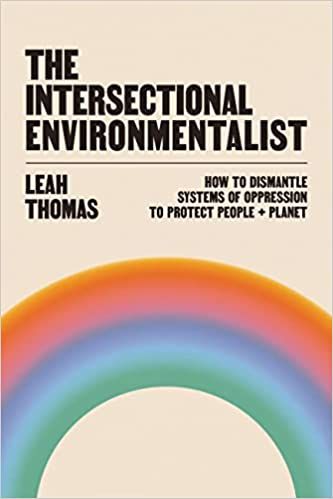
The Intersectional Environmentalist: How to Dismantle Systems of Oppression to Protect People + Planet by Leah Thomas
Environmentalism and the climate crisis do not exist in a vacuum, and this book is a perfect primer for those who not only want to do more, but would like some actionable suggestions and tips for creating real, lasting, inclusive change. Thomas explores the links between environmentalism, racism, and privilege, while also highlighting voices that most need to be heard — the voices that are often ignored otherwise. She writes about the communities most harmed by environmental issues, and also the basic connection between environmental justice and civil rights.
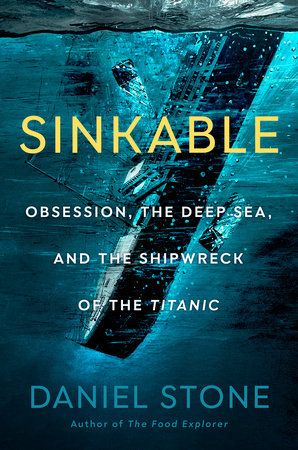
Sinkable: Obsession, the Deep Sea, and the Shipwreck of the Titanic by Daniel Stone
Okay, this one combines science with history, but I’m including it here because of the way Stone writes about the ocean and what it did to the ship and what it’s done to the ship over the years. This book is a compelling story about the Titanic and what happened to it, exploring why the fascination with it has endured, the people obsessed with the ship and its tale, and the scientists explaining what will likely happen to the ship in the future. It’s also a work of personal journalism, chronicling Stone’s own personal interest in the ship and other shipwrecks.
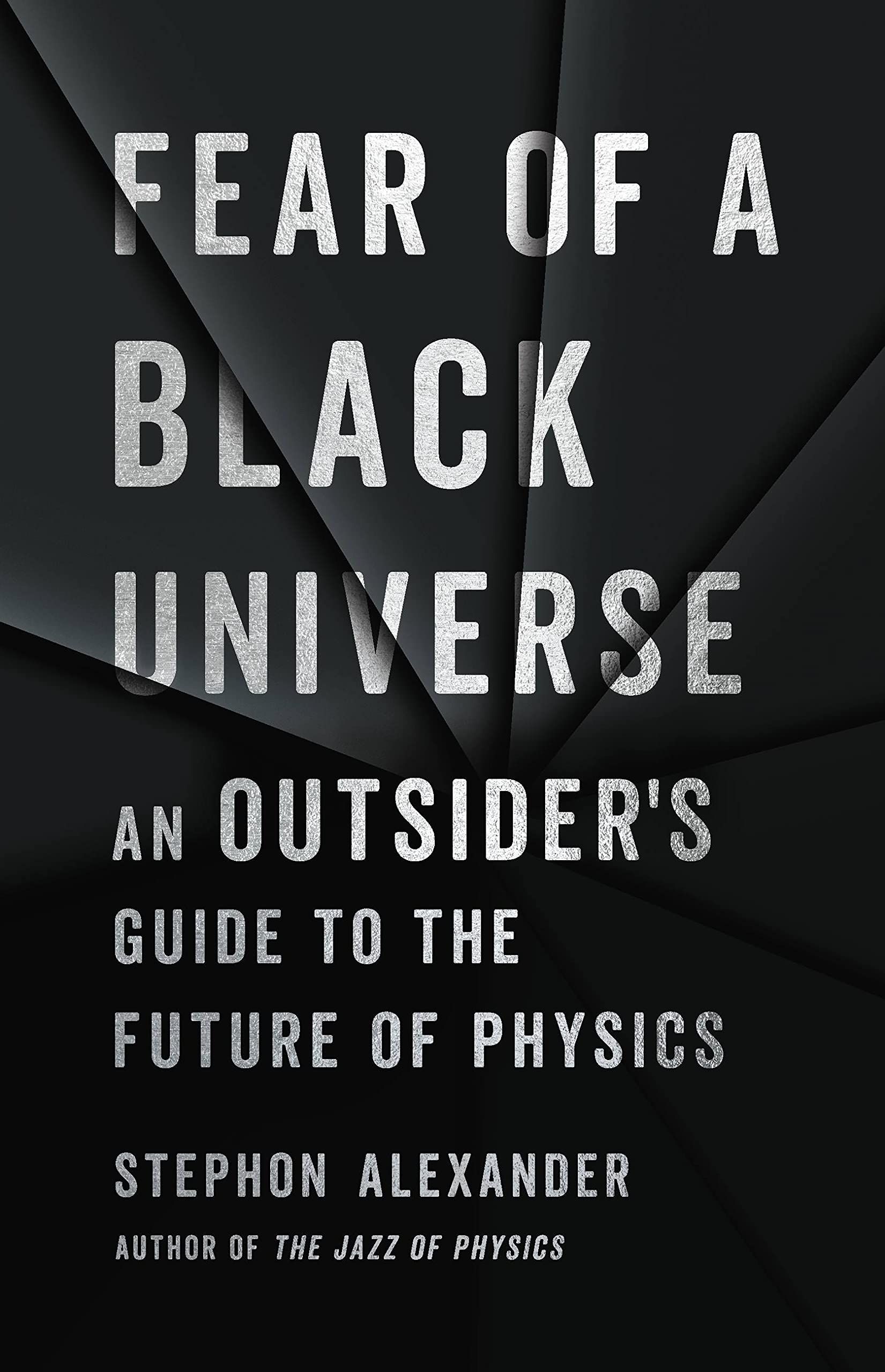
Fear of A Black Universe: An Outsider’s Guide to the Future of Physics by Stephon Alexander
Even though physics scared me in school, clearly I’m fascinated by it, because I can’t stop reading about it. Alexander, a cosmologist, writes about physics in a way that engages the reader and draws you in, with personal anecdotes, pop culture, social justice, and history woven in. He also writes about how physics needs to be more inclusive, how it needs to listen to those who have been pushed aside, and start thinking outside the box.
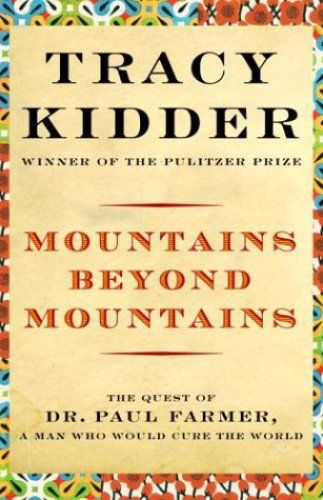
Mountains Beyond Mountains: The Quest of Dr. Paul Farmer, A Man Who Would Cure the World by Tracy Kidder
Earlier this year, Farmer, a physician and medical anthropologist, died of a cardiac event at the age of 62. He was widely known in the field of public health — this book was one that nearly everyone had read or was on everyone’s TBR list in my MPH program. And for good reason. Kidder writes about Farmer’s mission, his embodiment of his values in his life and work, and the founding of Partners in Health.
Do you think you’ll take part in #ScienceSeptember? What’s in your stack? If you’re looking for some books to add to your #ScienceSeptember TBR, check out this post on Mary Roach books, and this post on nonfiction science comics for adults.



